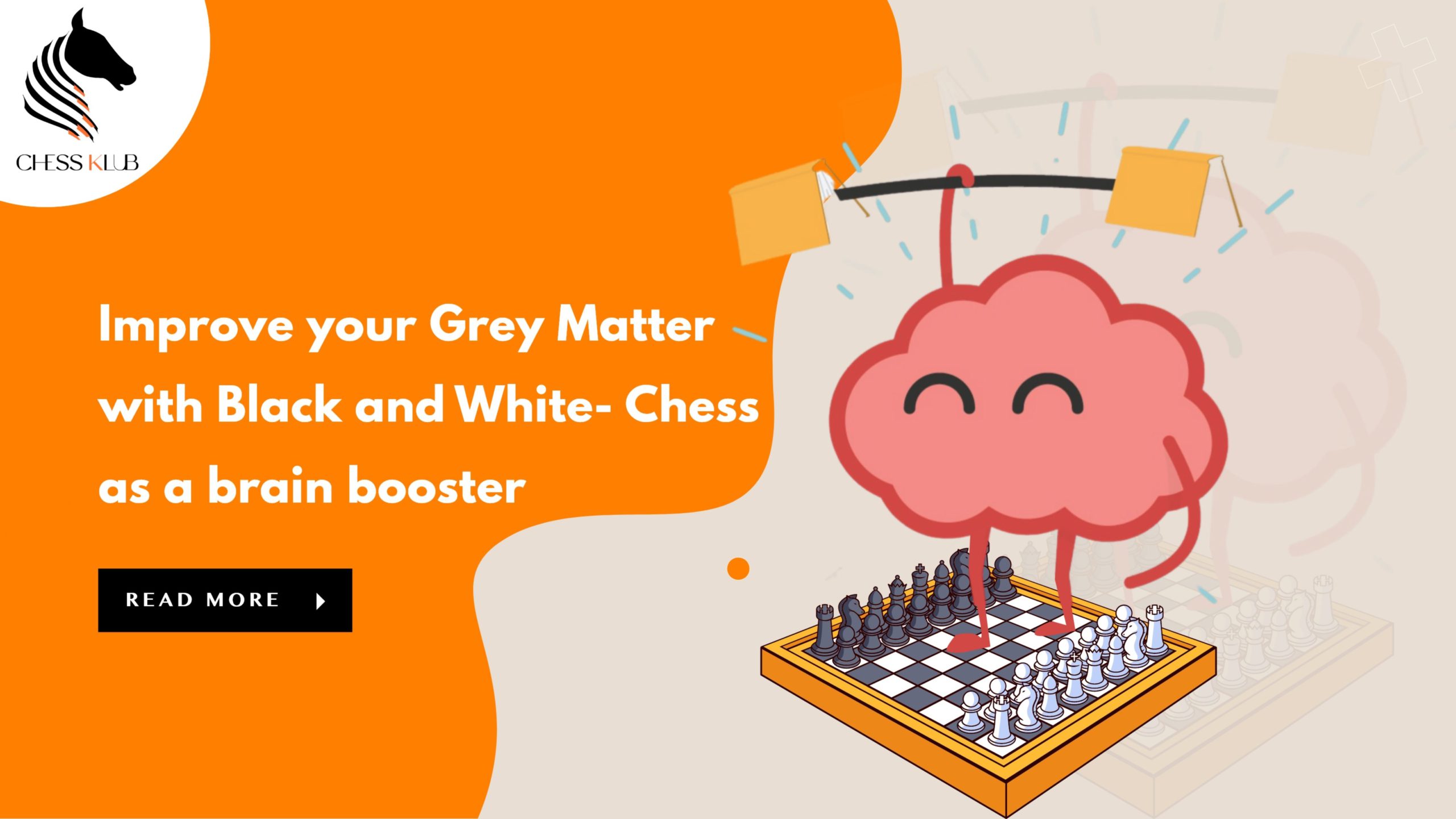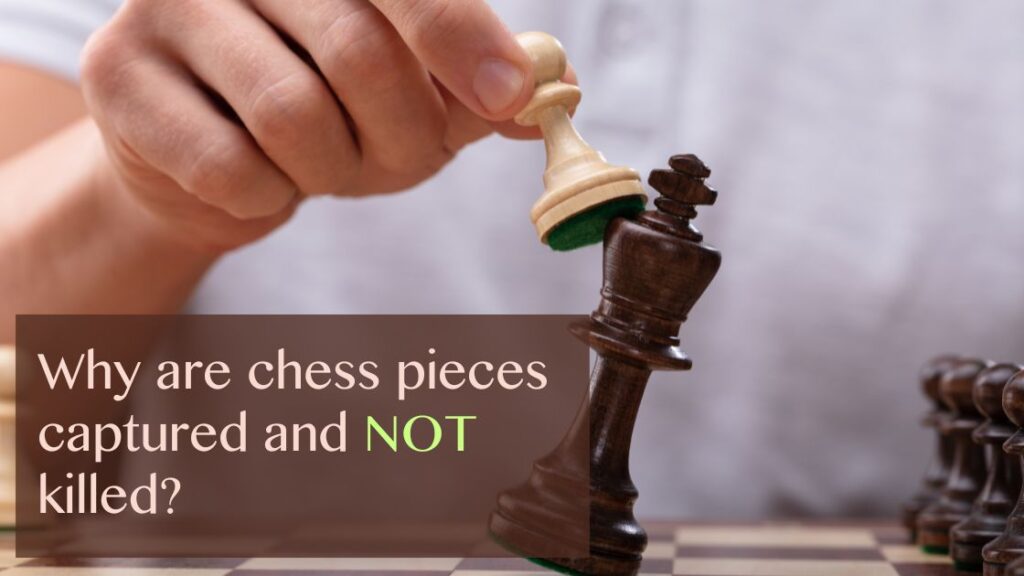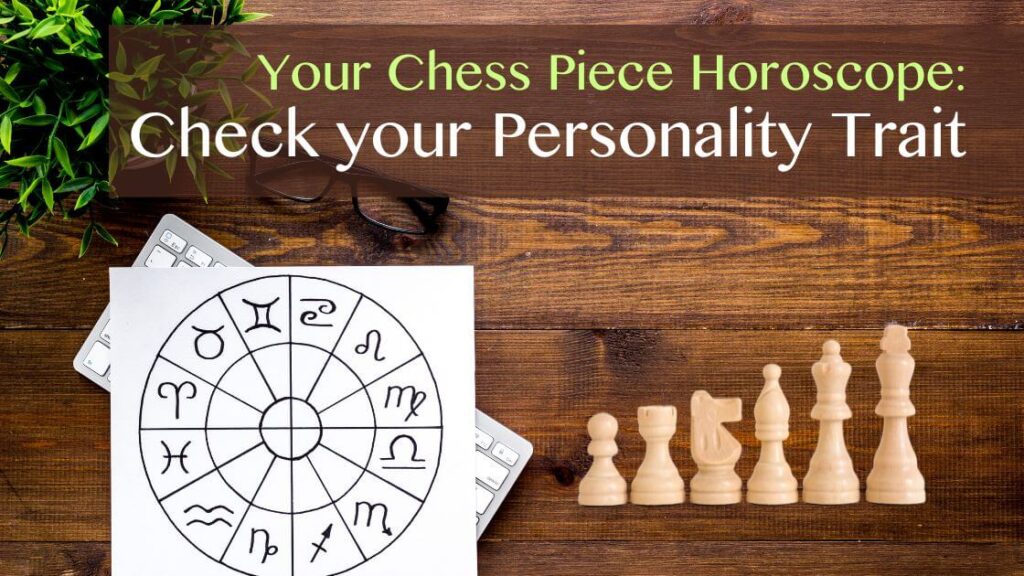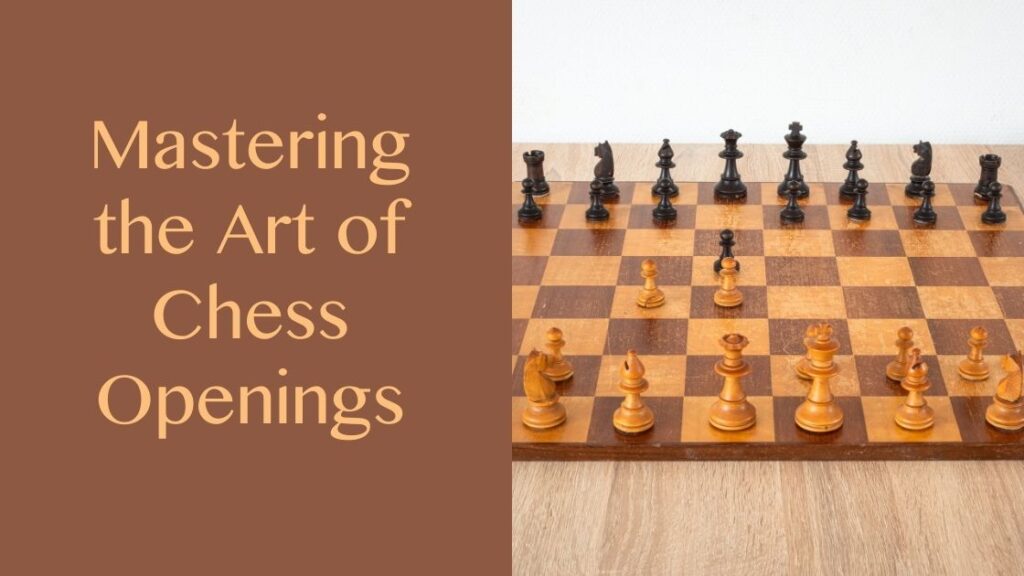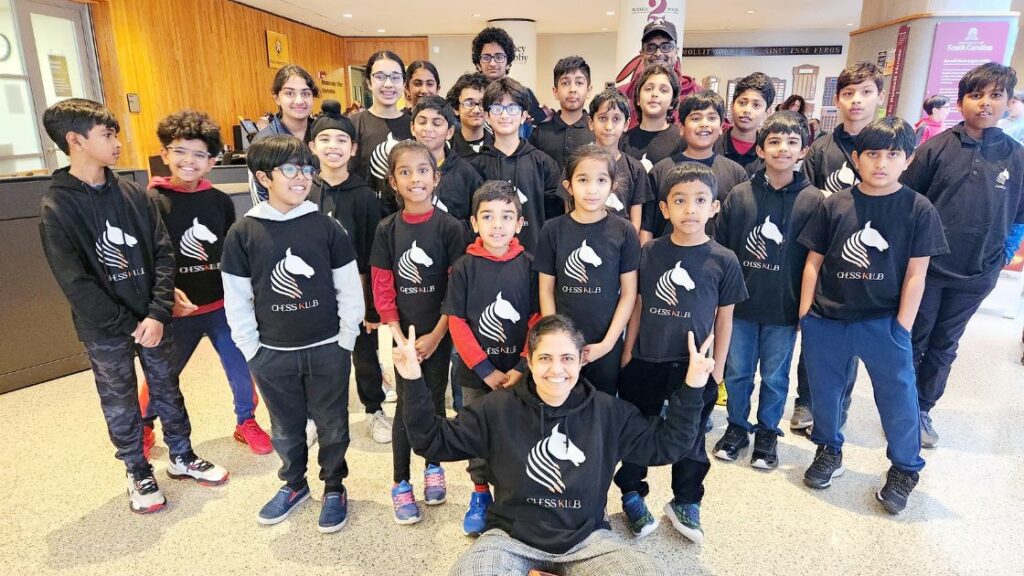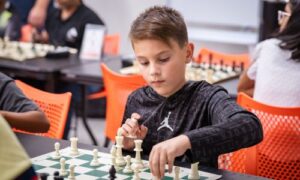Contents1. Brain Exercise and Growth
2. The impact of Chess on memory
3. Chess could help prevent Alzheimer’s
There are more possible iterations of a game of chess than there are atoms in the known universe.
I know, a head-scratching fact, but it's true.
Imagine these iterations unfolding in a player's mind! It just brings the human brain’s infinite capacity to the fore!
For a game viewer, it's all about moving pieces on a board from one position to another. But, the real battle of permutations and combinations happens in the chess player's mind who has made a move.
Within a few seconds of the start of the game, the chess player would have played a hundred moves before playing that actual move on the board. It's a tangled mess of strategies and positions in their brain, which they untangle and serve with the best counter to beat their opponent's move.
The single movement of hand you see on the chessboard may seem spontaneous and simple, but it isn't that easy!
But I didn't say it is impossible either. Masterminds are not born prodigies always. Sometimes they are self-made, too.
But how?
Here we quote Magnus Carlsen:[/vc_column_text][blockquote text="Practice is your intuition, practice is your calculation, practice is everything.
Read : 12 tips to become a better chess player
According to medical studies, chess players show more activities on their parietal and frontal parts of the brain, where the nerve cells specialize in problem-solving. They also tend to use both sides of the brain; the left side makes logical moves and the right side to calculate and make patterns from past games. Not just these, there are a lot of benefits of practicing chess that are linked to the brain. It's a game where you can have fun and get benefits from.
Let's look at those benefits in more detail:
Benefits of playing chess on your gray matter a.k.a. Brain
Brain Exercise and Growth
fitness and strength exercises sure help in maintaining physical health.
But, mental health is equally important.
Unlike other sports, chess may not aid muscle building or brawn but benefits your brain in various ways. People misperceive the game of chess as a thinker’s game. They presume chess is for those who are extraordinary brainiacs and have high IQs.
But, it's the other way round!
People who play chess gain IQ and their brains grow, thus raising their intelligence quotient. A few functional neuroimaging studies have shown that expert chess players recruit different psychological functions and activate different brain areas while they are engaged in chess-related activities.
Scientifically speaking, chess (like many other board games that involve mental stamina) brings in challenges that simulate the neurons (nerve cells) to form connections across the brain. More connections and interlinking of neurons enhance the neural communication within the brain, making the processing of any action faster.
So, bring up your cerebral game and make your brain stronger than ever!
Read : Five Reasons Why Your Child Should Learn Chess
The impact of Chess on memory
Chess is a game of millions of iterations and combinations.
For every move, there are hundreds of countermoves, and it takes a lot of practice to remember these and then calculate in your mind to execute your next step. It's really a no-brainer that expert chess players have strong memory skills.
Study to assess neuroplasticity of chess players versus non-chess players concluded that chess playing may ameliorate whole brain functioning and increase whole brain dynamic fluidity.
There are many tactics and strategies a chess player should learn and remember, but it's practically impossible to rote learn everything. Over the course of time, practice and study, it's natural for players to use certain strategies or move when needed. All those moves, tactics, and strategies are stored in your working memory of the Cerebellum part of the brain. And, the only way to make the Cerebellum save your chess memory is to practice.
The more you practice, the more it saves your working memory.
With practice, one thing which you should not forget is concentration. Skilled players tend to focus more on the pieces than the board and the opponent. So, when you play, make sure your eyes are on those pieces!
Chess could help prevent Alzheimer's
Chess is for everyone, from kids to old. It's not like other games that involve physical exertion. It is a game of mind. Alzheimer's is a disease in which the brain cells' connections and cells degenerate and die, eventually destroying the memory completely. Recent research indicates that chess reduces the risk of Alzheimer's by up to 75%.
Chess seems like a treatment that works to prevent or protect before disease onset, though little is known about its benefits after the disease has been identified and diagnosed. Research shows that chess affects specific areas of the brain, and this stimulation shifts with the problems that a chess player faces during the game. What we know until now is that chess game lends itself to a variety of complexities from various patterns to complex calculations that stimulate players’ brains.
Source :- Chess Practice as a Protective Factor in Dementia
Just like an un-exercised muscle becomes weak and loses strength as you age, unused brain tissues lead to loss of brainpower and thereby, reducing brain’s working efficiency. So, if the effects of Alzheimer's disease and dementia can be contended by a daily game of chess and a cup of coffee -
Why not give it a shot?
Raises IQ
People with lots of experience playing chess significantly develop IQ scores. With it, they gain the ability to identify new kinds of problems and use logical reasoning to find and apply the solution.
Recent neuroscience studies suggest that intelligence is not related to a single part of the brain but mostly depends on how well information travels throughout the brain. Dendrites and axons of the neurons are responsible for transmitting signals from one cell to another.
And guess what helps in growing dendrite fibers?
You got its rights... CHESS!
Chess and other brain-game challenges help them grow and stimulate the connections across the whole nervous system thereby, increasing the IQ of the person.
“The observed changes in regional volume and function that happen with professional training in chess enroot from structural adaptations, in terms of diffusivity and microstructural connectivity, in several white and gray matter fibers. These adaptations are the direct result of training and mastership in playing chess.”
Comprehensive Investigation of White Matter Tracts in Professional Chess Players and Relation to Expertise: Region of Interest and DMRI Connectometry- Read the complete research here.
So far, you have been knowing only the generic benefits of chess, but now you know what happens in the brain of a chess player and how beneficial it is not just for chess but as a whole mental development. Remember, the strongest people are those who win battles through the mind. So, if you want to level up your brain functions and combat all critical life situations, take up a chess class today.
For grey matter, there is no black and white. If you think in black and white, then you do not use enough brain functions.
Petek Kabakci
With accomplished coaches of FIDE, National, International,, and Grand Masters level who will take you through all the aspects of chess from beginner to advanced levels at Chess KLUB. We also conduct daily, Swiss and USCF tournaments that will help you get to the next level.

